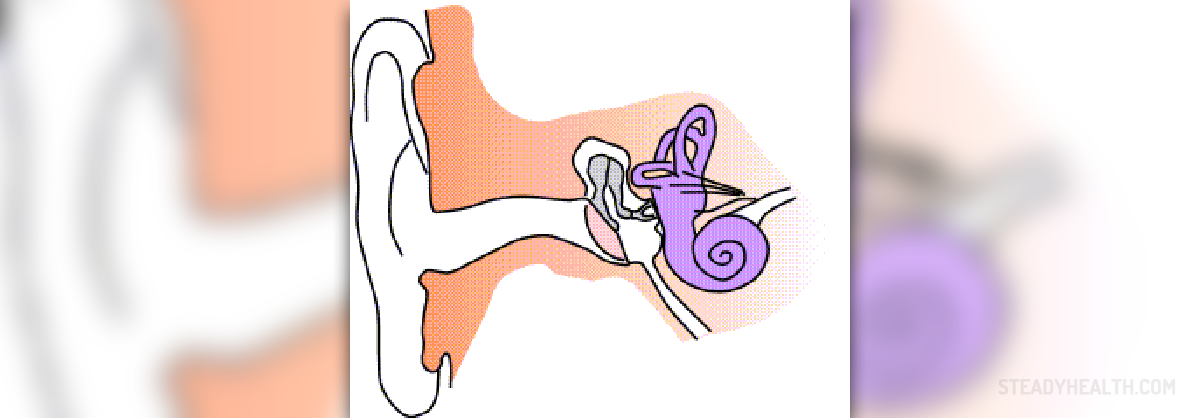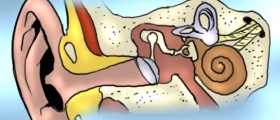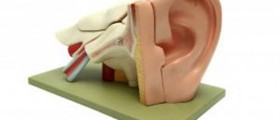Introduction to Clicking in Ear
Usually, the cause of a clicking sound being heard in the ear is some type of dysfunction of the Eustachian tube.
The Eustachian tube is what connects the middle ear to the nasopharynx, and it is what enables a person to maintain equal air pressure in both sides of the eardrum.
To understand what is causing these strange noises in the ear, a person must first understand how the ear works.

The middle ear is an air-filled region that is cut off from the outside, and the only thing connecting it to the outside world is the aforementioned Eustachian tube, which has an opening in the back of the nose.
When your ears pop while you are swallowing or yawning, that is because the Eustachian tube is functioning normally, and it opens for a short amount of time to let air come to the middle ear and back of the nose, from where it will be passed on into the environment.
When the Eustachian tube is not opening normally, this is when clicking sounds can occur.
The noises can also be accompanied by discomfort and pain.
- Study design: Clinical experimental study at a tertiary referral center.
- Methods: Ear clicks were recorded by a microphone sealing the external ear canal parallel to endoscopic or manometric evaluations of the Eustachian tube function.
Symptoms
In the most severe cases, there will be pain accompanying the clicking. Ear fullness is seen if there is a difference in pressure between the air pressure in the middle ear and the pressure outside the eardrum.
Because of this pressure difference, the eardrum will bulge outward or inward, depending on whether it is negative or positive pressure that is being experienced.
When the eardrum bulges inward this means that the ear canal is open to the outside and the outside pressure is greater than the pressure in the middle ear.
This is what you experience when a plane is landing.
When the eardrum bulges outward it means that the outside pressure is less than the pressure in the middle ear space.
This is usually experienced when you are driving up a mountain, and it is basically the opposite of when the eardrum bulges inward.
Causes
A perforated eardrum can lead to clicking, as can loud music and noises. If earwax is not removed properly or regularly it can block sounds from reaching the brain, which will also result in clicking.
Constant stress can also lead to clicking in the ear, as can some forms of medications, which can lead to an inflammation of the Eustachian tube.
Brain injuries and brain tumors can also cause clicking in the ear.











_f_280x120.jpg)





Your thoughts on this
Loading...